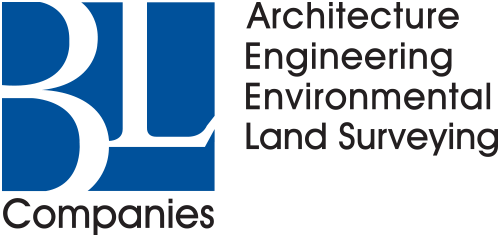By Samuel Haydock, LEP // Manager, Project Development

While Connecticut has led the way in recent years with significant funding for the assessment and remediation of brownfields to jumpstart redevelopment, the State continues to evaluate environmental regulations that may prevent investment and growth.
Passed in 1985, the Connecticut Transfer Act was established to protect buyers from unwittingly purchasing cleanup liability. The regulation protects humans from pollution and buyers from hindrances of remediation. Although both are positive goals of the regulation, it has left many commercial and industrial properties vacant and abandoned due to the costs to make such developments safe, accessible and affordable.
In recent years, the calls by property owners, brokers, the business community, and municipal and state economic development entities to eliminate the restrictions of the Transfer Act have grown, and even leaders at the Connecticut Department of Energy & Environmental Protection (CTDEEP) recognized it was time for change.
In 2020, Public Act 20-09 made revisions designed to keep properties or businesses that don’t meet the definition of an Establishment from having to meet obligations under the Transfer Act. The changes require only investigation and remediation — if necessary — of the portions of multi-tenant properties and industrial condominiums that are occupied or utilized by the Establishment.
The classic example of this is the sale of a dry-cleaning business in a shopping center. Prior to the passage of Public Act 20-09, the sale of a dry-cleaning business would have triggered a full investigation of all potential release areas at the shopping center, not just those associated with the dry-cleaning business. The investigation and potential remediation are now limited to potential release areas from the dry-cleaning business only.
Looking Ahead
Beyond Public Act 20-09, further changes to the regulations are still needed and the devil will be in the details. After 30 months of the advice and feedback process, CTDEEP hopes to have draft regulations for review and comment by the fourth quarter of 2023, with possible adoption in 2024.
While the existing regulatory framework that is largely driven by the Transfer Act is sometimes blamed for the lack of investment in Connecticut, new regulatory frameworks can also come with challenges. That being said, no matter what changes and what stays in place, there is little doubt that the new framework will be protective of human health and the environment.
For property owners and real estate investors, staying informed on the development of the proposed regulations, participating in public meetings and discussing concerns with legislators is paramount. BL can help as we are tracking the transition and can advise on potential transactions and other environmental matters as changes occur.
Learn More
To learn more, feel free to reach out to Samuel Haydock, MS, LEP. Mr. Haydock has more than 34 years of experience in environmental and land-use consulting. He is a principal in the firm and Manager of Project Development for the Environmental Department at BL Companies. He has served as Program Manager and Senior Project Manager for complex environmental programs and projects and has extensive experience with environmental projects for industrial clients, developers, institutions, municipalities, municipal development entities, and state agencies. His technical background includes designing and managing site characterization studies for contaminant investigations, design and management of complex site remediation and brownfields redevelopment projects, environmental permitting and compliance, ground water exploration and development, water resource assessment, and land-use impact evaluations.
Mr. Haydock has been an active participant in the Environmental Professionals Organization of Connecticut educational seminars, development of the testing criteria for the Connecticut Licensed Environmental Professionals licensing exam, and recent CTDEEP workgroups to write effective revisions to the Connecticut Transfer Act and to develop the legislative framework for new Release-Based Cleanup regulations to eventually replace the Transfer Act.
